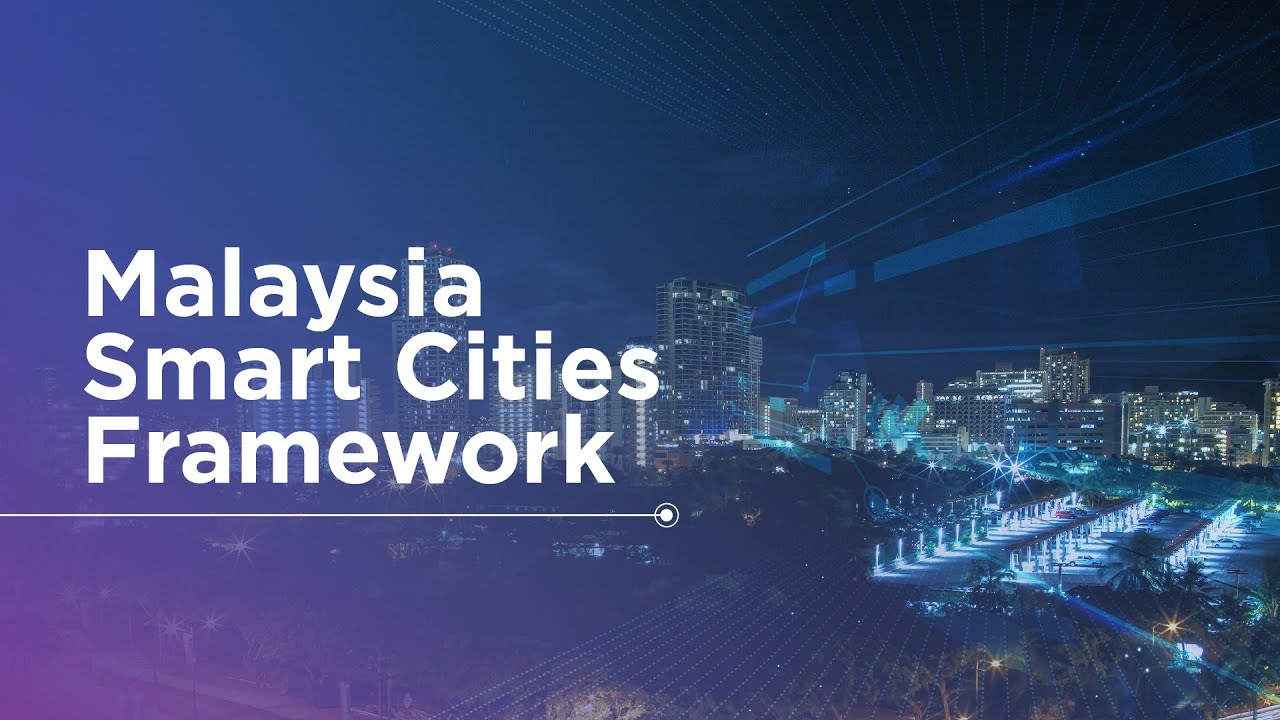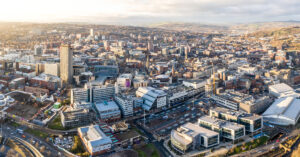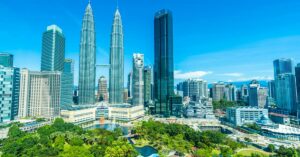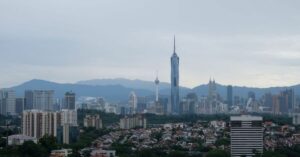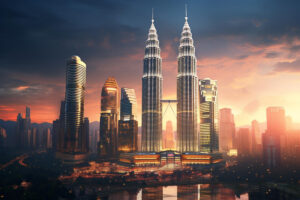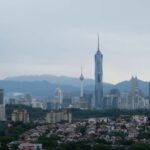The promise of smart cities in urban town planning has been a recurring topic on the nation’s digitalisation agenda for some time now, as new technology has continuously been introduced into communities, particularly during the Covid-19 pandemic.
We have yet to see concrete attempts, however, due to a variety of factors, including the time and resources required to build efficient smart cities.
The Malaysia Smart City Framework (MSCF)
The Malaysia Smart City Framework (MSCF) is a national-level framework that serves as a guide and reference for city managers, state governments, federal ministries and departments, industry players, academicians, urban planning consultants, and other stakeholders in town planning and developing smart cities in Malaysia holistically and in line with current developments.
The document includes the idea of a smart city in the context of Malaysia, seven key components of smart cities, policy directions, and outlined proposed strategies and initiatives for each component, which can be used as a reference by those interested in implementing smart cities initiatives in Malaysia.
The 7 major components of smart city Malaysia are:
- Smart Economy
- Smart Living
- Smart Environment
- Smart People
- Smart Government
- Smart Mobility; and
- Smart Digital Infrastructure
In many respects, the Covid-19 pandemic encouraged localities and federal ministries to seek out innovative technology to assist them in dealing with the pandemic, as seen by the launch of the MySejahtera app. However, there is much more to it than meets the eye.
In 2019, the federal government proposed the Malaysia Smart City Framework as a catalyst for smart city implementation, especially for local governments.
The framework, developed by the Ministry of Housing and Local Government, aims to achieve a competitive economy, a sustainable environment, and improved quality of life by addressing urban issues with ICT and innovative technology.
A Brand New Trend
Smart cities are a new development trend that we can witness in several nations throughout the world. For instance, Amsterdam, Barcelona, Seoul, Stockholm, Singapore, Phuket, and Jakarta are among the cities that are actively adopting smart city initiatives.
As a result, developing smart cities in a planned, integrated, and comprehensive manner is critical to ensuring that Malaysia keeps up with global urban development trends.
Industry 4.0 Supporting the Smart City Plan
The Fourth Industrial Revolution (Industry 4.0) technology breakthroughs and the utilization of the Internet of Things (IoT), Cloud Computing, Open Data, and Big Data Analytics, are supporting the smart city trend. This tendency is rapidly expanding and will have a significant influence on the worldwide economy as well as the global way of life.
In this context, we must prepare Malaysia to accept the wave of digital transformation and use it to overcome obstacles and physical limitations to improve people’s quality of life and ensure the establishment of a smart and sustainable nation.
Green Packet’s Smart City and Urban Tech chief executive officer, Dr. James Tee, is a firm believer in intelligent, seamless, smart communities. He noted that we can attain a smart city simply by beginning with smart access for vehicles and people to facilitate ease of movement between spaces, followed by the enhancement of public safety and security through smart surveillance and remote monitoring systems to create a more seamless and intelligent community living through digital technologies.
According to Tee, hyper-scale data centres (HDCs) that are constructed to support cloud service providers (CSPs) hosting hundreds of thousands of servers and virtual machines to store data is important for Malaysia’s transformation towards a digital economy.
All In All
MSCF will be the driving force behind smart city implementation in Malaysia, especially by Local Authorities acting as city managers.
Urban town planners and services can also solve urban challenges at the local level through smart city initiatives.
We can see this in data based on the metrics specified by the smart city implementor, which improves the well-being and quality of life in diverse urban areas.

